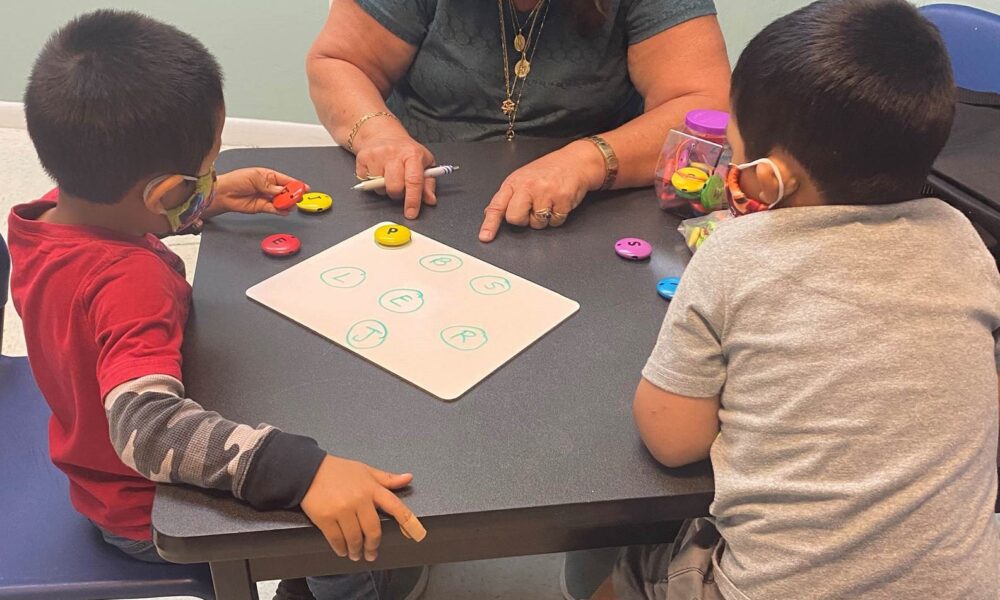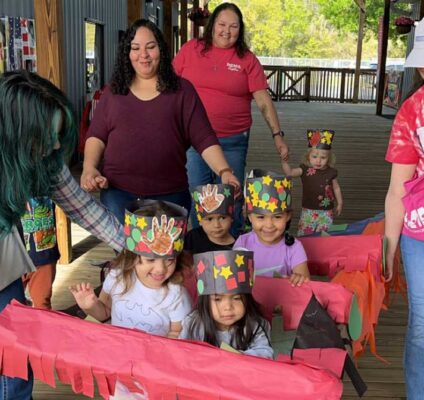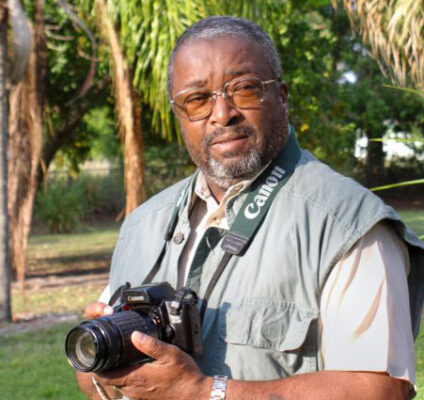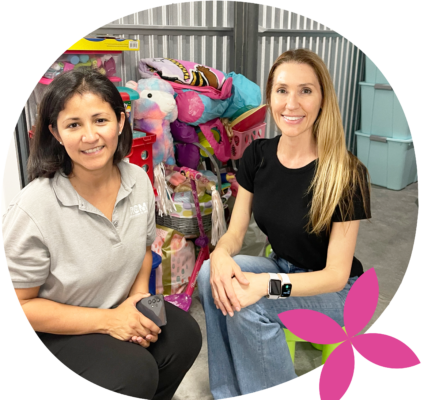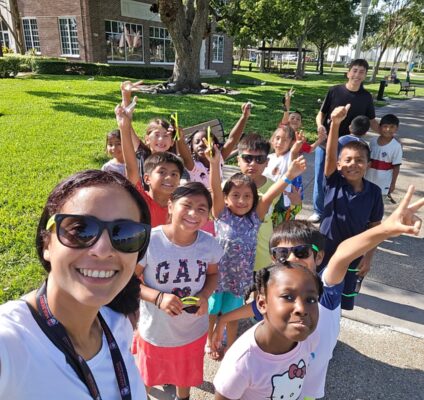Staff at our LaBelle Child Development Center contacted Inclusion Manager Shawne Thomas because they thought a two-year-old boy who was recently enrolled might be deaf.
Shawne visited the center and observed the boy, leading her to suspect he was not deaf but might be on the autism spectrum disorder.
Without sharing that specific idea, Shawne discussed her concerns with the boy’s parents, who are migrant farmworkers and do not have strong English skills. Shawne along with Early Childhood Specialist Lateef Torres and Family Support Worker Maria Ramos helped coordinate care and testing at Golisano Children’s Hospital, free Early Steps state services, and eventual transition to an Individualized Education Program in the Glades County School District with services provided in one of our child development centers. The boy is now a thriving three-year-old.
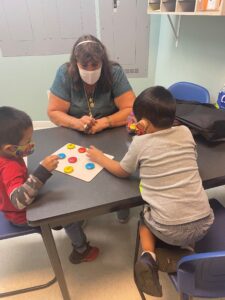
Shawne has been helping special needs children and their families at RCMA for more than 20 years. Because we use Head Start funds, we must allocate at least 10% of our enrollment to children with disabilities. They may be on the autism spectrum, be hearing or vision impaired, have Down syndrome or cerebral palsy, or experience other developmental delays.
Shawne says it helps to have Exceptional Student Education (ESE) and typically-developing children together in our centers.
“It’s really great to see how much a child with disabilities grows and learns just from being with their peers,” she says. “For example, if you have a child with language impairment who doesn’t talk yet, other children who do are their role models.”
Children are also non-judgmental and welcome all their classmates.
“Kids are very smart at the preschool level,” Shawne says. “A child might use a wheelchair and the adults be concerned about how that will work in class, but the kids don’t care. They just naturally gravitate to them and help them.”
Shawne recently was a presenter at Florida’s Pre-K Virtual Collaborative Inclusion Conference. She discussed the developmental screenings that all children in RCMA child development centers receive on a routine basis for issues such as gross motor skills and social emotional development, the intervention and support assistance we provide to children and their families, and our partnership with Hendry County to serve children with disabilities by keeping them in RCMA child development centers. She hopes to replicate the Hendry County model throughout the 21 counties where we operates.
